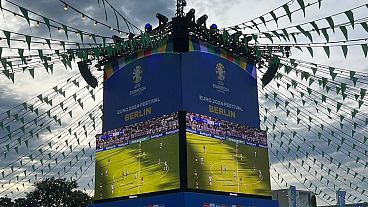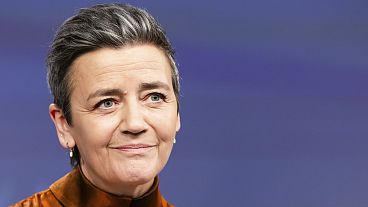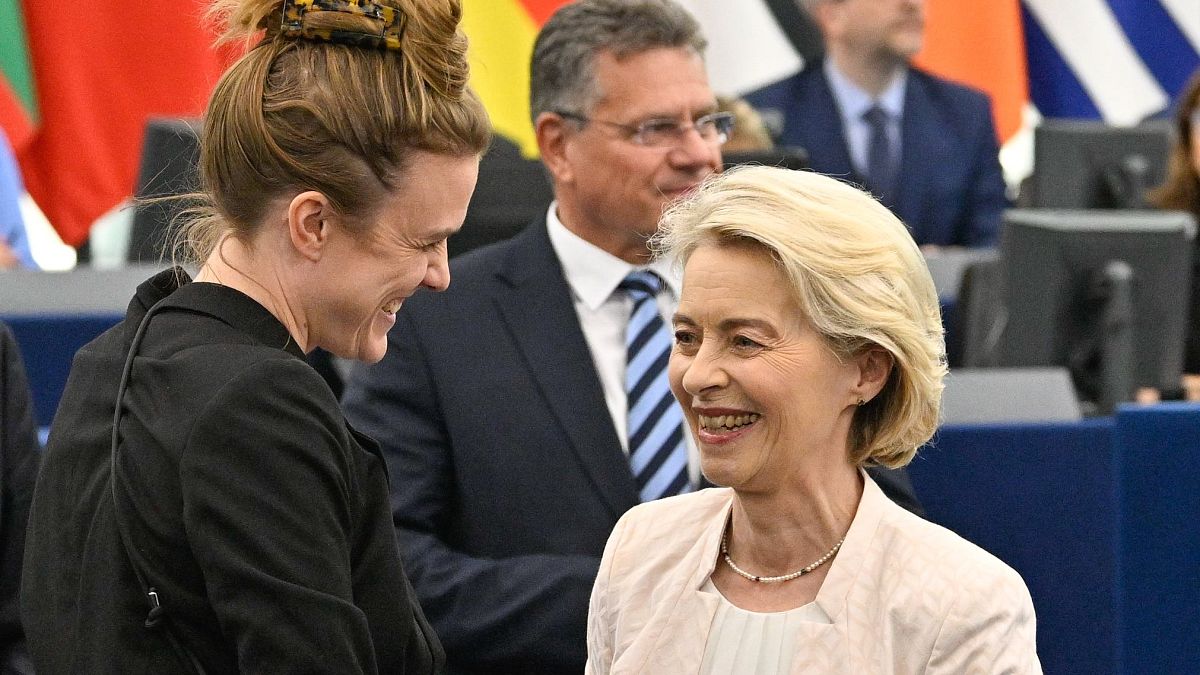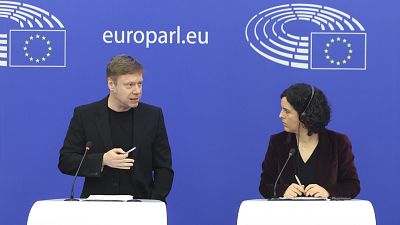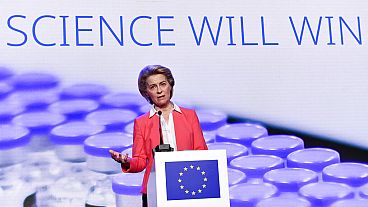While the Commission president remains committed to the European Green Deal and promises a 90% emissions cut target for 2040, environmental groups have signalled varying degrees of concern over a shift in focus away from nature towards industrial competitiveness.
Although she used the word ‘environment’ only once in her 30-page manifesto, Ursula von der Leyen’s re-election as European Commission president means the EU executive is now committed to a climate target that translates into a sevenfold reduction in greenhouse gas output.
At the centre of Von der Leyen’s ‘political guidelines’ for the next Commission is a Clean Industrial Deal, to be presented within 100 days of taking office in the autumn, that promises to be as much a flagship policy of her second mandate as the European Green Deal has been of her first.
Faustine Bas-Defossez, a director at the European Environmental Bureau said the guidelines – which will inform the work of the next College of Commissioners that it is now in von der Leyen’s gift to appoint – gave the EU “a clear mandate to tackle the triple climate, biodiversity and pollution crisis,” but added a note a caution.
Don’t forget nature
“The strong focus on climate cannot come at the expense of necessary actions against the biodiversity and pollution crises, as these issues are intrinsically interlinked,” Bas-Defossez said.
Although her manifesto pledged to respect the Kunming Montreal Agreement agreement to restore global biodiversity, most references to action were framed around incentives for farmers, the EEB said. “There is no mention of the necessity to bring back pesticides regulation and the need to overhaul the broken Common Agricultural Policy.”
WIDGET: Governments caught off guard by von der Leyen’s U-turn on pesticide cuts | Euronews
Anouk Puymartin, a policy manager at BirdLife Europe was yet more sceptical, speaking of “vague promises” to different political groups in the European Parliament (von der Leyen secured a comfortable majority of 401 votes to 284 largely by wooing the Socialist & Democrats, Renew Europe, and Greens groups with concessions).
“While she pledges to continue the Green Deal, her focus on EU competitiveness and plans for ‘simplification’ risk opening the door to those who seek to profit from the crisis rather than solve it,” Puymartin said.
Going beyond 90%
Climate Action Network Europe was also cautious, despite the headline climate action commitment in von der Leyen’s manifesto, with director Chiara Martinelli saying it was “too early to celebrate”.
“She could at least have supported the EU’s scientific advisory board’s and the upper end of her own Commission’s Impact Assessment’s 95% reductions,” Martinelli said – a proposition that would undoubtedly have raised the hackles of the EPP.
The European Scientific Advisory Board on Climate Change set up under the same law that requires the EU executive to propose a 2040 target said a cut of up to 95% compared to the 1990 baseline would be needed if the bloc is to reach its net-zero goal ten years later – 90% was the minimum.
“An industrial deal can only be considered as ‘clean’ if it moves towards circular consumption and production patterns within planetary boundaries, is based on renewables and explicitly closes the door for all fossil fuels,” Martinelli said, arguing that any funding to private companies should come with green and social strings attached.
European Oceans Pact
Marine protection groups welcomed von der Leyen’s pledge to launch a European Oceans Pact with the aim of “boosting the ‘blue’ economy and ensuring the good governance and sustainability” and appointing a Fisheries and Oceans Commissioner (a portfolio that was previously bundled with the environment brief) – but again with caveats.
“The portfolio of the new…commissioner must be expanded beyond a fisheries-centric focus to also put the delivery of the Pact front and centre, to guarantee the resilience of the ocean and the precious marine ecosystems it supports,” said Rémi Cossetti, marine policy officer at Seas At Risk.
Keep the petrol car ban
Others had their own specific concerns. The NGO umbrella group Transport & Environment urged von der Leyen not to reverse a de facto ban on sales of new petrol and diesel cars from 2035, despite her own political family pushing synthetic ‘low-carbon’ fuels.
“Spending years designing a policy framework for niche e-fuels is a distraction from the monumental task to secure clean and competitive EV supply chains,” said T&E head of vehicles Julia Poliscanova.
Greenpeace EU saw the imprint of “big business interests” on von der Leyen’s manifesto, while conceding that things could have been worse.
“Ursula von der Leyen hasn’t thrown the Green Deal overboard, but she presented an agenda for her second term which is lacking in concrete measures and major new initiatives, and which is clearly a lot less coherent than her first term,” director Jorgo Riss said.
In what co-president Bas Eickhout described as a “leap of faith”, the backing of Green MEPs in Thursday’s (18 July) secret ballot was instrumental in returning von der Leyen to office, although they voted against her in 2019.

